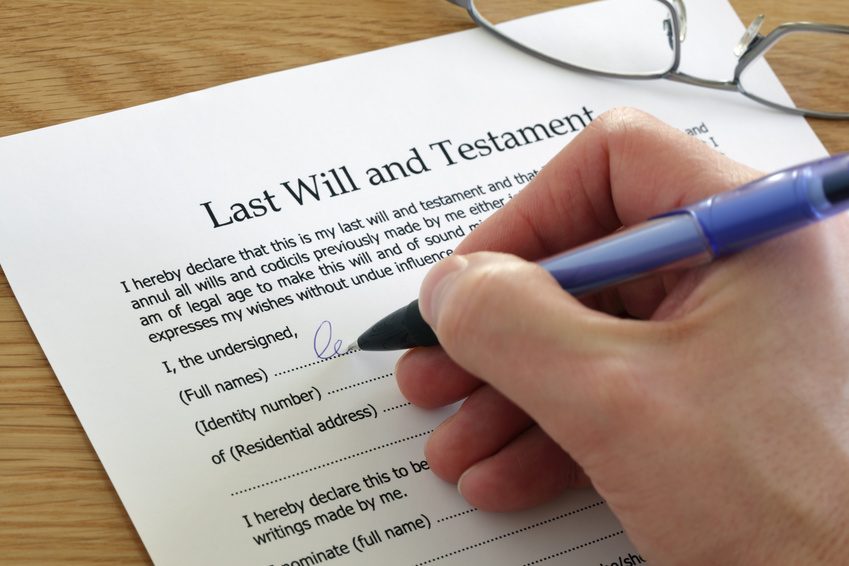
Believe it or not, but the lack of a will is one of the most common legal issues families face after a loved one dies. It might seem like an inconsequential thing now, but large estates have been tearing families apart since time immemorial.
No matter your marital status or if you have children or pets, it is important to have a will in place. Even if you recently met with a divorce lawyer about a potential split, your will should be set in stone. But what exactly happens if you die without a will?
Here are a few things that could happen if you do not have a will in place when you die.
Intestacy
“Intestacy” is a legal term that refers to the estate of a person that passed away without a binding will. Although intestacy laws vary from state to state, distribution of property and assets will follow a similar pattern. Intestacy laws are those that pertain specifically to dying without a will. In these cases, presenting a case to the court without an appointed trustee can entail fees of 2 to 3% of your estate value. The laws follow a strict predetermined formula and may entail negative consequences that you were not aware of.
Single?
Being single without a will, although the simplest of all procedures, still has a fair share of consequences. For example, if you die single and have children or family that you want your money to go to, it may not get there without a will. If you want to pay for your niece to go to college, for instance, you need to explicitly state that in your will. Otherwise, it will not happen.
Married?
If you are married and without a will, things can get even more complicated. Specialized attorneys will oversee the case and your estate will be distributed strictly according to intestacy laws. Even if your divorce lawyer knows your last wishes, your desires will not have any impact on whether or not someone actually inherits your assets. In many cases, surviving spouses and children fall to infighting over valuable assets from your estate — unless you have a legally-binding will.
Your last wishes are incredibly important. If you want to ensure that your family is set up safely after your death, then you should take the time to create a will.

